'Senso'
Clinic Care, Home Comfort.
'Senso' was shortlisted in the RSA Student Awards 2021.
Sensor Development:
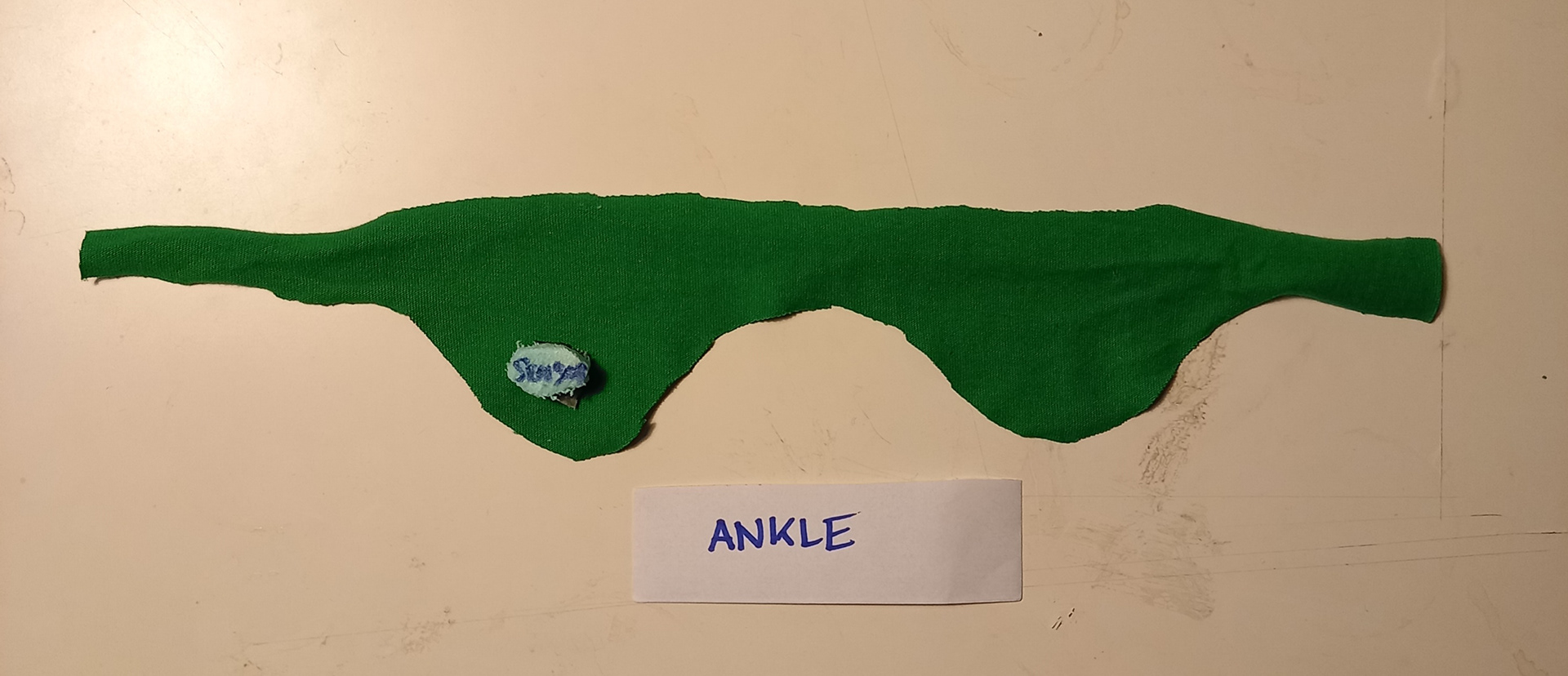
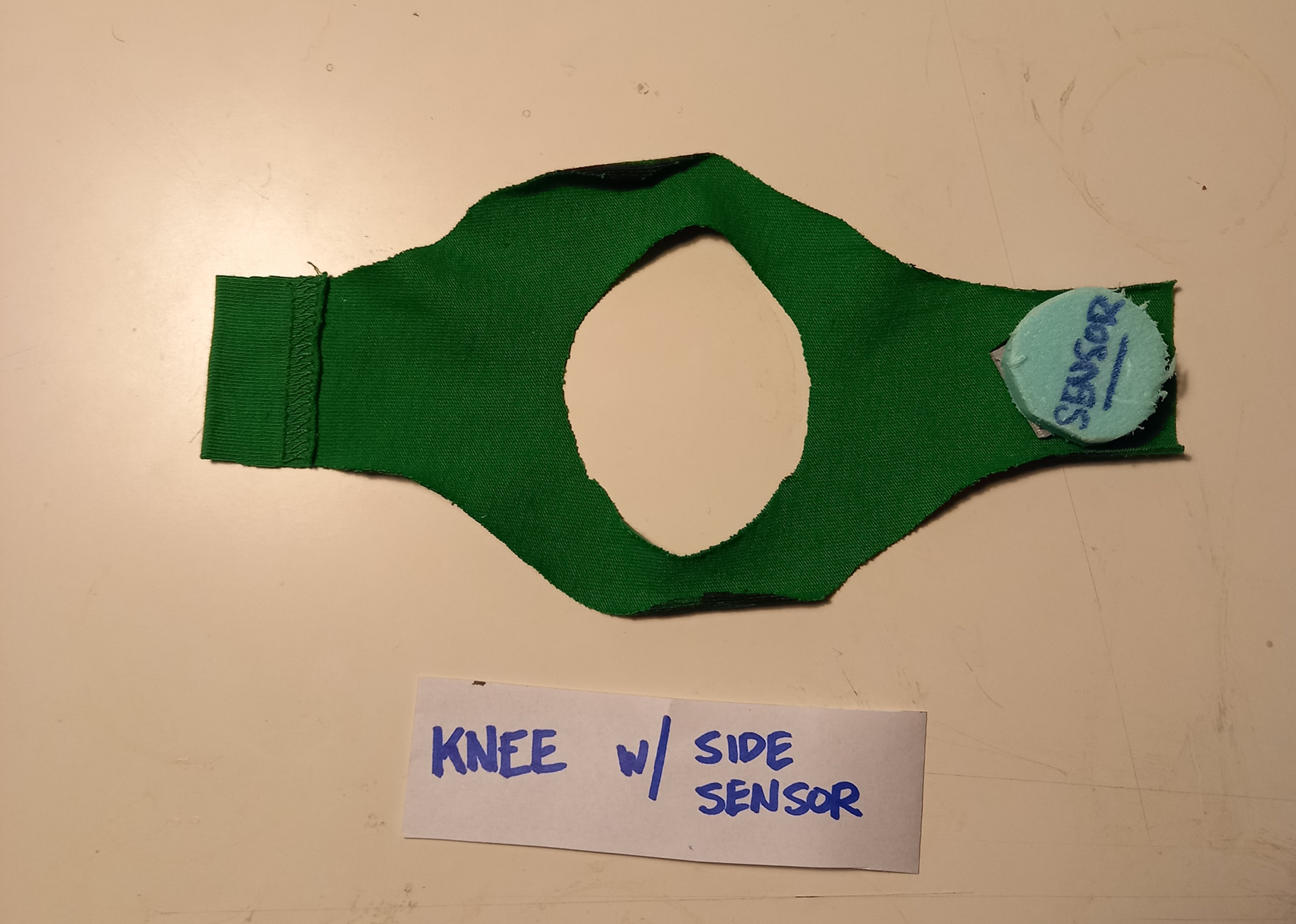
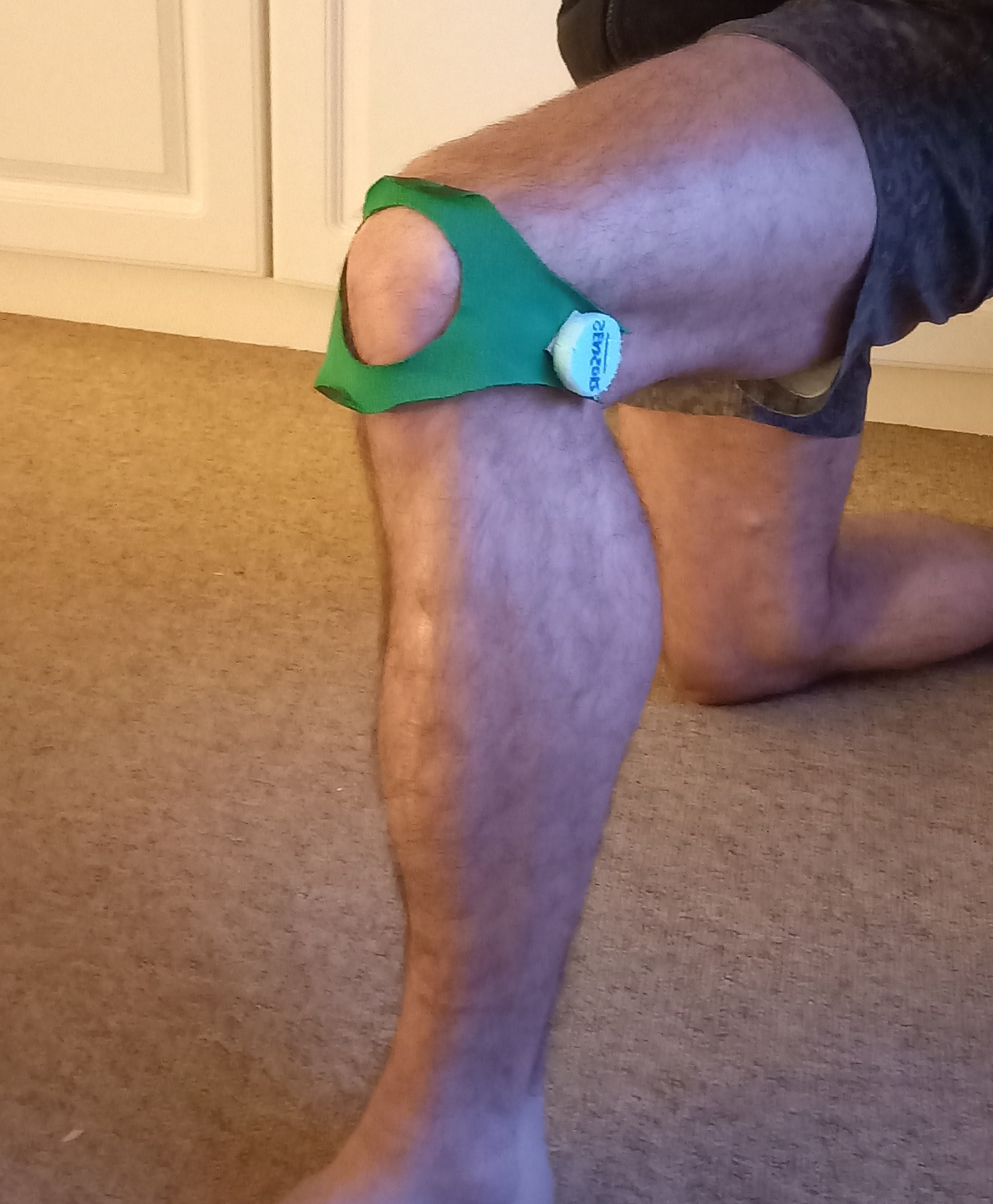
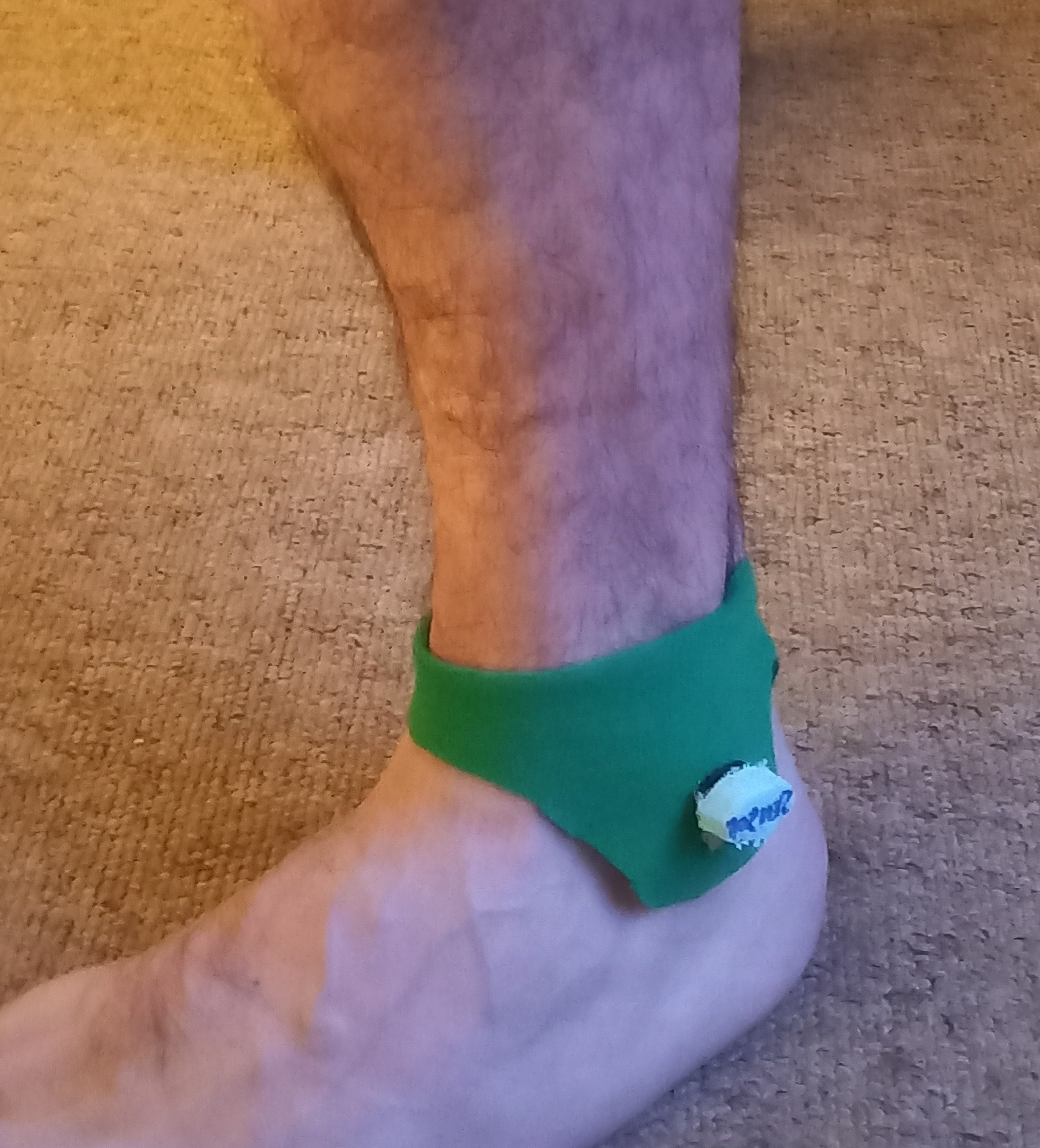
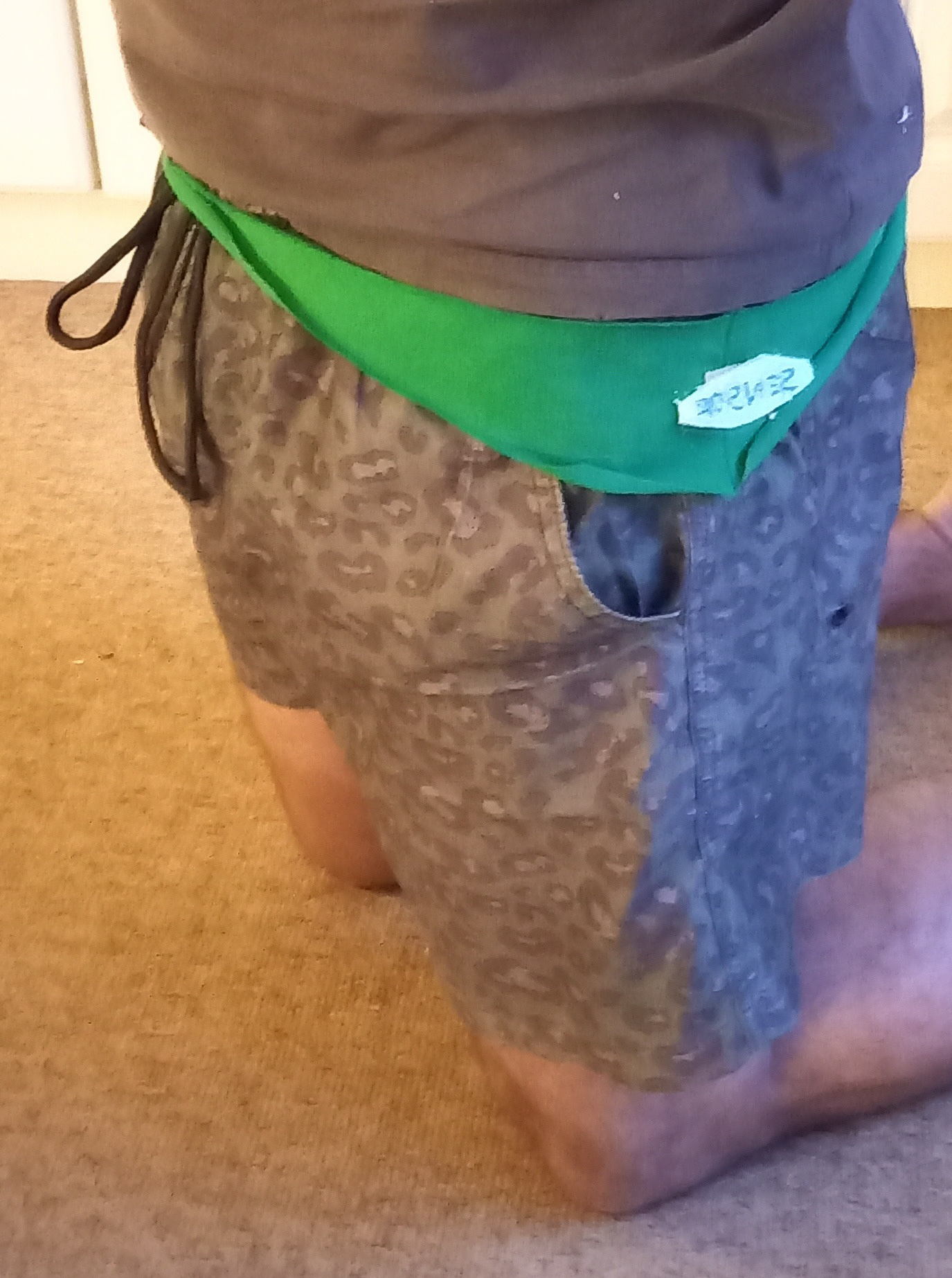
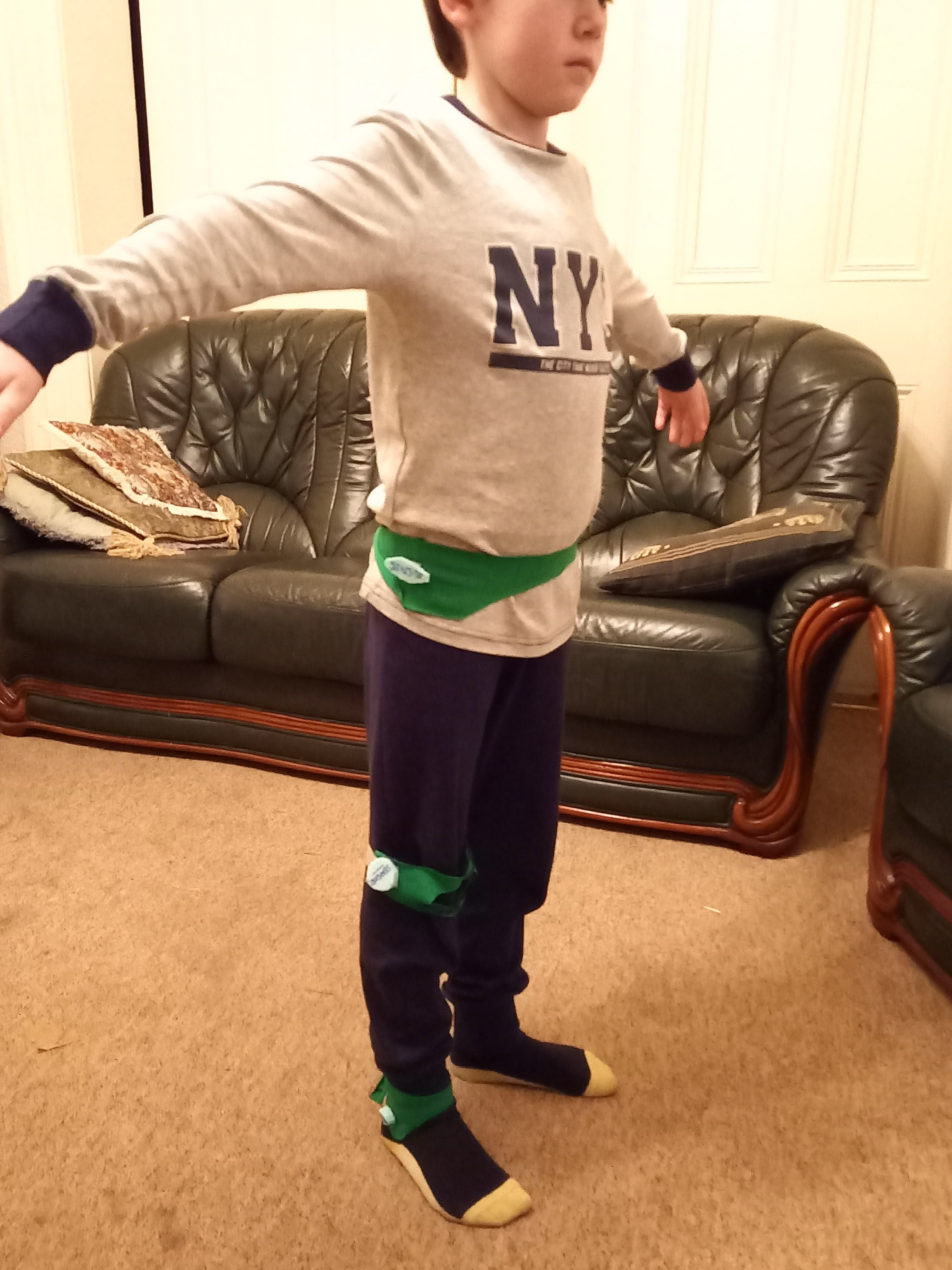







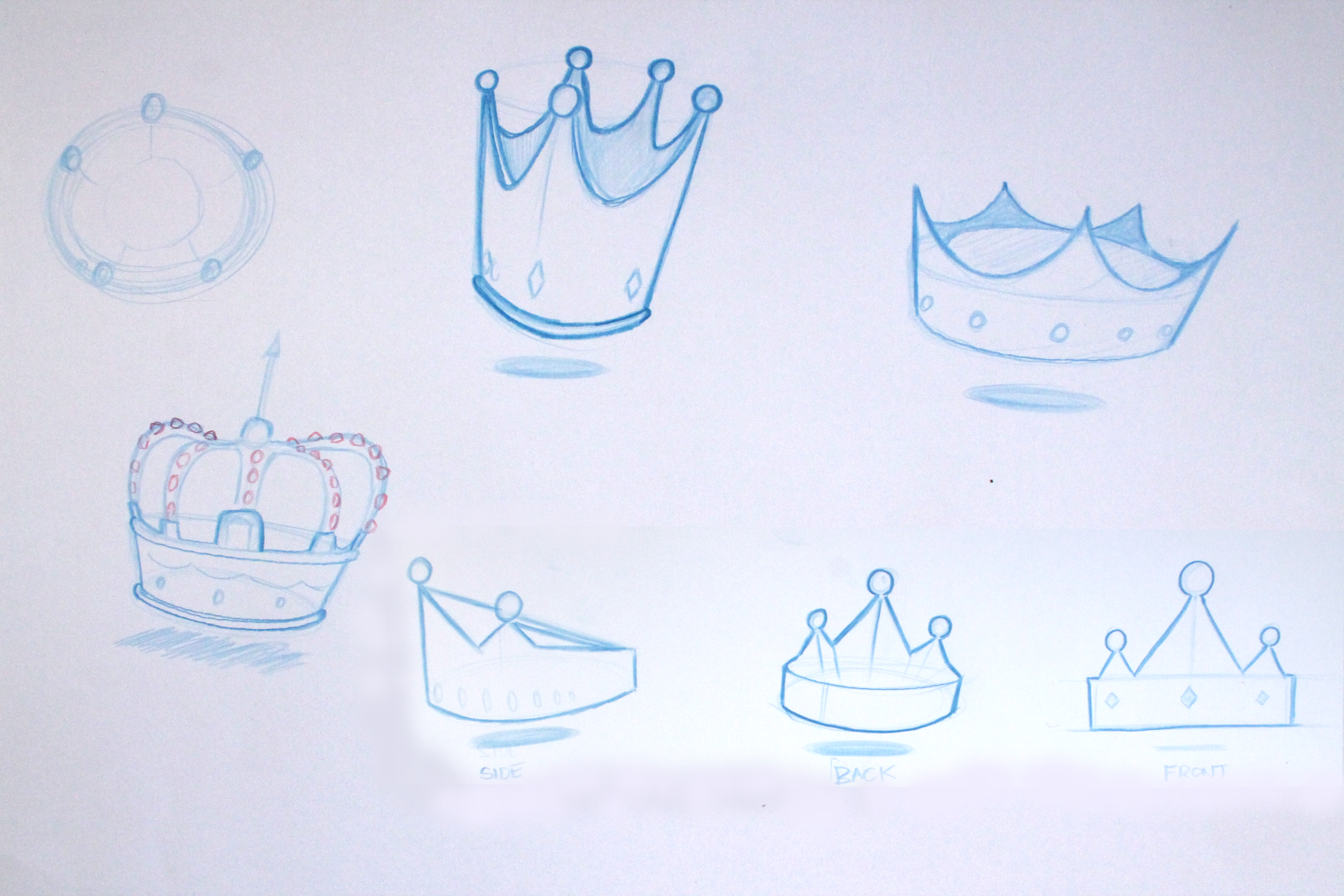

Usability Testing with Occupational Therapist Katie Kerley
User Testing with Daegan age 10
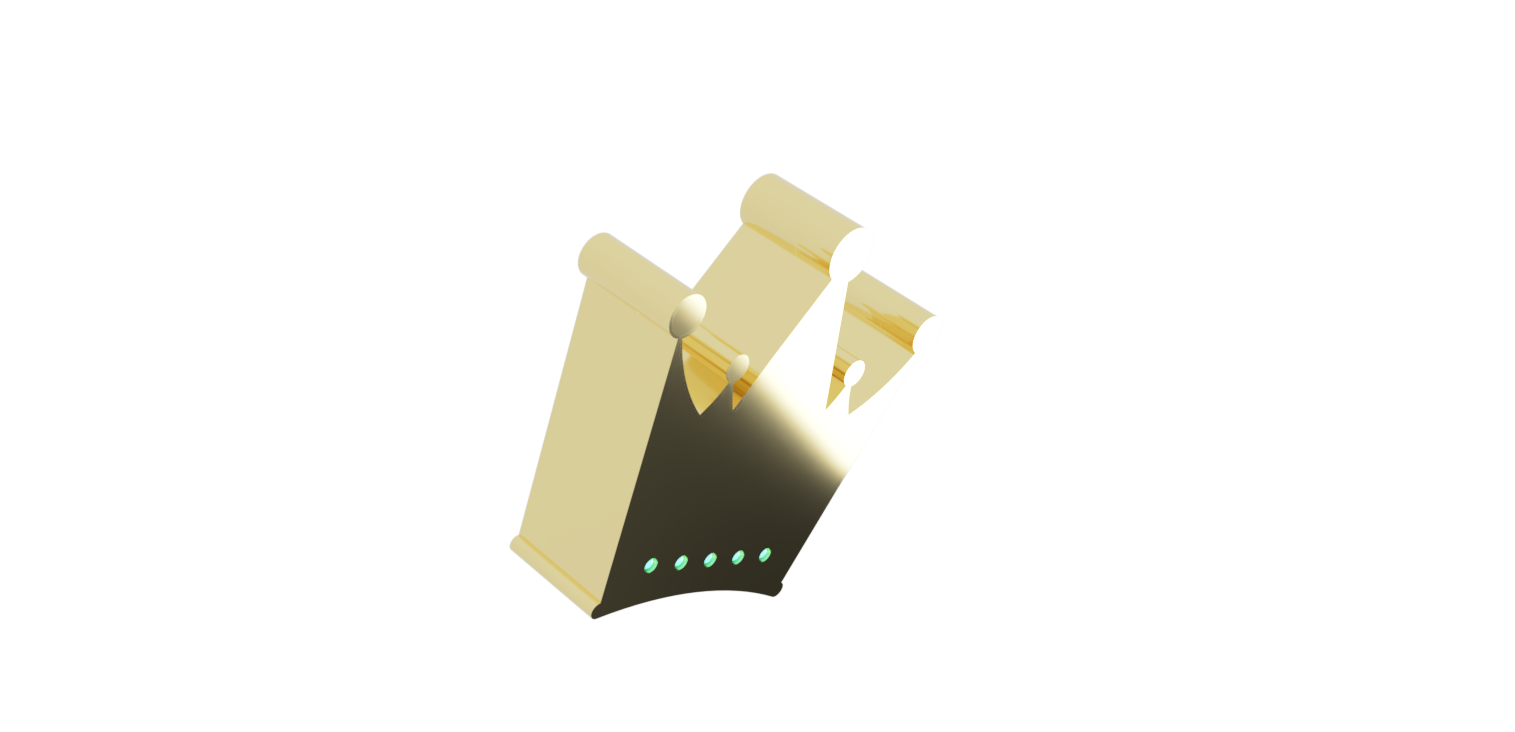


Docking Station Development




'Senso' is an answer to brief "Redistriubuting Health" set out by the RSA Student Design Awards 2021. The brief was to design something that would improve healthcare provided to an underserved community.
After lengthly researching, I found that the service provided to children with Spastic Cerebral Palsy was lacking on a number of levels and at the time of doing this project we were in the middle of worldwide pandemic, under mandatory lockdown. This lockdown hampered an already unsatisfactory service and I decided to see if I could come up with a solutuon to better it.
After lengthly researching, I found that the service provided to children with Spastic Cerebral Palsy was lacking on a number of levels and at the time of doing this project we were in the middle of worldwide pandemic, under mandatory lockdown. This lockdown hampered an already unsatisfactory service and I decided to see if I could come up with a solutuon to better it.
Most Telehealth consultations for children with Spastic Cerebral Palsy consist of a run through some exercises and a makeshift way of measuring progress - usually the physiotherapist asking the parent how the limb feels "on a scale of 1 to 10". With sessions been taken by a mother or father or a carer every other day, the scale of 1-10 holds little or no consistency and results in a wayward depiction of the child's condition.
Senso is primarily a measurement device and aims to give the physiotherapist as much information as they would get from a 'hands on' session in person. Equipped with a surface Electromyography Sensor (EMS), a Gyroscope, an Accelerometer and an Inertia Measurement Unit (IMU), these sensors can give quantifiable data to the therapist in real time. The sensors come in a docking station (for charging) the base of which has a built-in bluetooth reciever to gather the information from the sensors, along with a signal oscillator and amplifier which make the information readable by the family computer. Data is sent from the docking station to the computer via USB connection. The data is then sent from the family computer to the physiotherapists computer via WiFi so that, while on a video call the therapist can see exactly how the limbs are behaving. This allows the therapist to administer an informed decision on the next course of action. The data can also be saved and reviewed periodically in order to give accurate overviews of progress made through the weeks/months of therapy.
Senso is primarily a measurement device and aims to give the physiotherapist as much information as they would get from a 'hands on' session in person. Equipped with a surface Electromyography Sensor (EMS), a Gyroscope, an Accelerometer and an Inertia Measurement Unit (IMU), these sensors can give quantifiable data to the therapist in real time. The sensors come in a docking station (for charging) the base of which has a built-in bluetooth reciever to gather the information from the sensors, along with a signal oscillator and amplifier which make the information readable by the family computer. Data is sent from the docking station to the computer via USB connection. The data is then sent from the family computer to the physiotherapists computer via WiFi so that, while on a video call the therapist can see exactly how the limbs are behaving. This allows the therapist to administer an informed decision on the next course of action. The data can also be saved and reviewed periodically in order to give accurate overviews of progress made through the weeks/months of therapy.
Not all children want to or enjoy their physiotherapy sessions, so Senso comes with an app which has a game to make the experience more enjoyable for the child. The more exercises the child completes the more they score in the game, which unlocks more features and further gameplay. The app also keeps a record of the sessions completed, feedback and notes from the physiotherapist and an informative catalog of how to perform the exercises perscribed by the physiotherapist, for the days there is no video call.
Senso has had an outstanding response. Medical professionals have been asking when it will be available and the project was shortlisted for an RSA Student Design Award in 2021.
Senso has had an outstanding response. Medical professionals have been asking when it will be available and the project was shortlisted for an RSA Student Design Award in 2021.